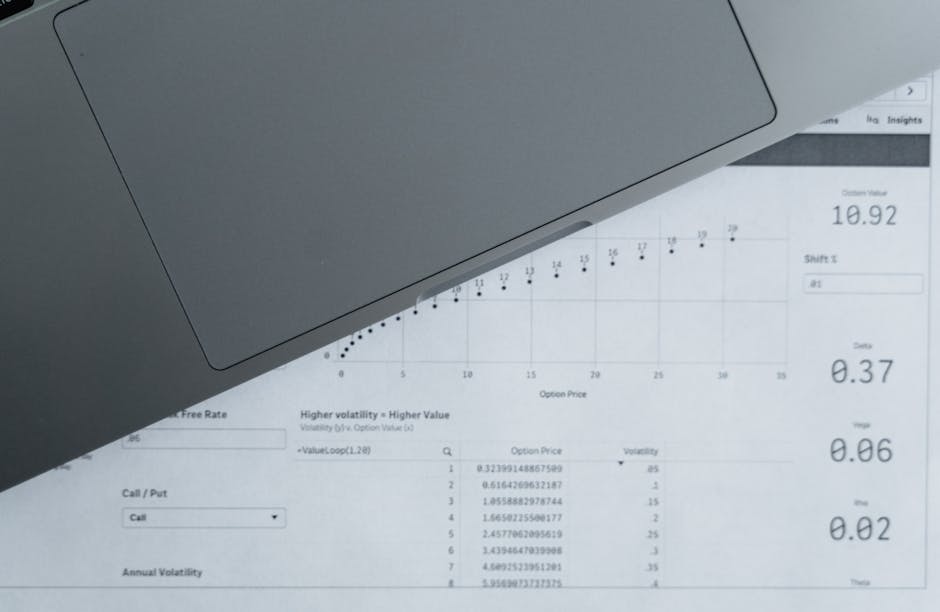Discommercified Economic Guide from Disquantified: The Transaction Blueprint
1. Make Every Principle Transactional
General rule: For every economic maxim you read, define how you’ll use it in your next move—buy, negotiate, invest, or adapt. Document: Track results for every application, compare intention with outcome. Kill advice that yields no action or ROI in your real context.
Discipline starts with audit trails—not “good ideas.”
2. Cash Flow Is Survival—Track Weekly, Not Monthly
Break all inflows/outflows into line items: salary, rent, sales, recurring deposits, subscriptions, fees. Set rules: “No purchase over $X without 24hr delay and written justification.” Automate what you can: transfers, bill pay, insurance, collection. Report failures for fix, not shame.
What matters is the cash still on hand—not just what’s forecast.
3. Treat Every Expense as a TradeOff
For every dollar spent, document which goal it supports (growth, maintenance, compliance, comfort). Batch purchases for negotiation and volume discounts. Regularly review: Did this transaction solve a problem, open opportunity, or just feel good?
The discommercified economic guide from disquantified demands decisions, not routine spend.
4. Triage Risk Like Life Depends On It
Always list your top three risks—regulatory, market, labor, or supply chain. Assign a metric: what’s your exposure, frequency, and impact level? Track it every week or month. Plan rehearsed responses: who calls, what sells, who cuts, what pivots.
No plan survives the first punch, but routines survive chaos.
5. Market Movements Mean Opportunity and Threat
Record all investments, sales, supplier or client changes with date, reason, and expectation. Review what influenced the move (policy, supply, data, sentiment)—track hit/miss.
The best transacted economic principles are those where learning compounds with every action.
6. Distribute Resource Discipline
Never onebank, onevendor, or onecustomer. For each major transaction, list “next best” backup. Audit all accounts, inventory, contracts, and staff lists quarterly. Schedule rollovers and diversification no matter how tempting stability looks.
Fragility kills more businesses in transition than anything else.
7. Use Data as Your Default
Sell, price, hire, or expand only by tracked trend, not narrative. Set a core dashboard: include three leading indicators (sales, cost, new leads) and three lagging (net profit, retention, client feedback). Update every week; alert when outofbound, fix when confirmed.
Gut is guidance—decision is always data.
8. Invest Only Where Process Improves
Buy tech or spend on talent only if it replaces or drastically improves a core workflow or customer journey. Document the before/after; kill sunk cost fallacy when the promised improvement fails to show. Expansions require a minimum ROI or cost save—track for at least two cycles.
The discommercified economic guide from disquantified: “upgrade” only for process gain.
9. Regulatory and Legal: Map and Execute
Log every external change—taxes, labor law, credit terms, IP. Adjust routines in the next pay period or billing cycle: transaction, not just memo. Audit outcomes; did compliance moves reduce risk, or just add paperwork?
Bureaucracy is the enemy—measurable adaptation is the win.
10. Document Everything Transacted
Keep a transaction journal—dates, decisions, cash impacts, and effect on goal. Encourage teams to submit postmortems for major moves or errors. Build a living playbook with these lessons: when crisis hits, find answers there, not in memory.
Learning is transactionbytransaction.
Pitfalls to Destroy
Following rules with no feedback loop. Ignoring the cost or payoff of “advice” after the fact. Defaulting to status quo; audit, adapt, and kill dead systems every quarter.
Routine kills drift.
Routine for Transacted Economic Principles
Weekly: Update dashboard, audit risks, cash flow, and top three worries. Monthly: Review transaction log, adjust strategies, diversify, audit expenses. Quarterly: Full contract/inventory/audit, retrain team on top three process changes, add or drop vendors.
No routine, no resilience.
Final Word
Economic strength and security don’t come from “tips” or reports—they’re built one disciplined transaction at a time. Transform the discommercified economic guide from disquantified into daily routines: document, measure, adapt, and repeat. Every principle is only real if it turns into action, review, and improved result. Outlearn, outact, and outaudit everyone else. That’s how systems—not guesses—win in a changing world.





